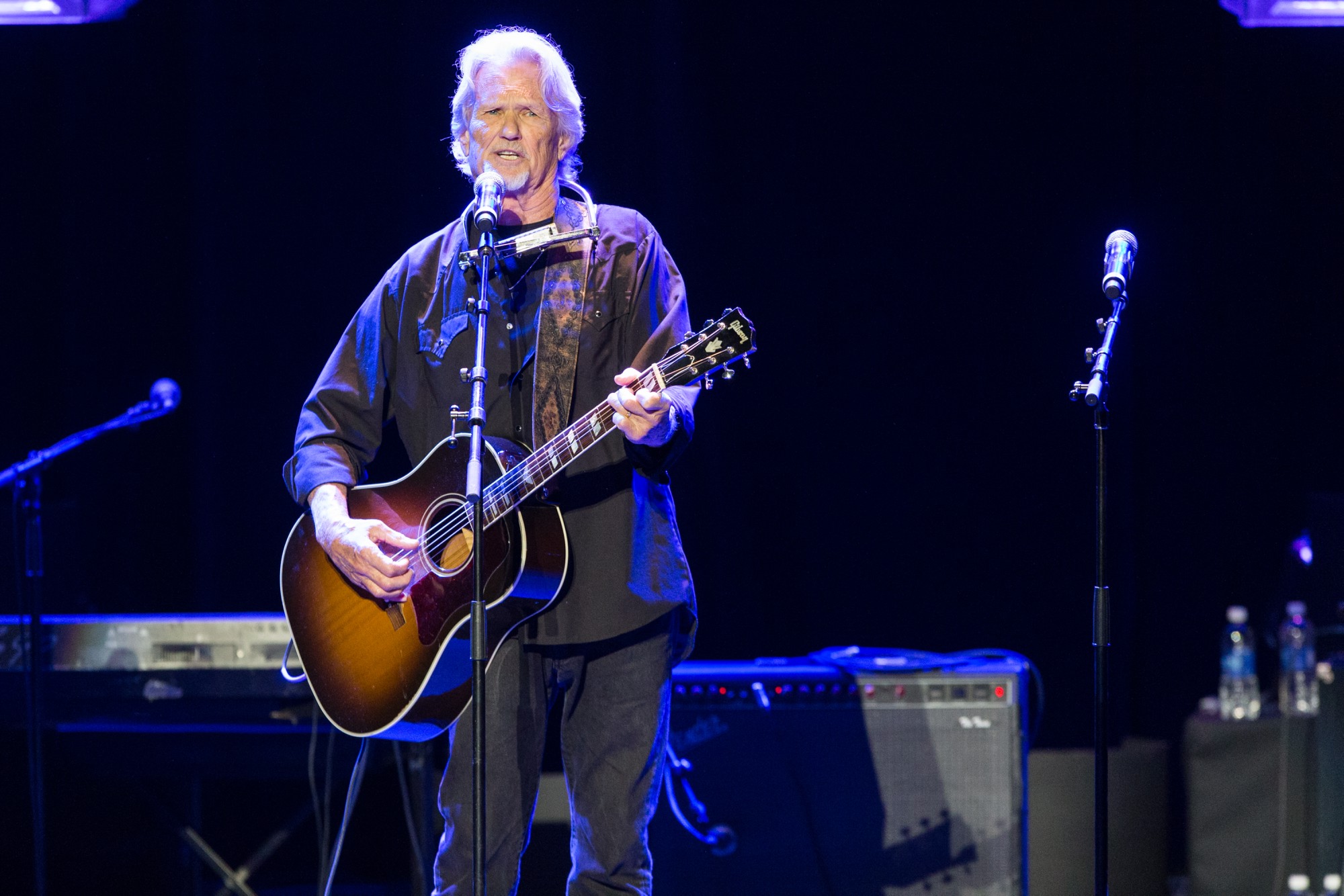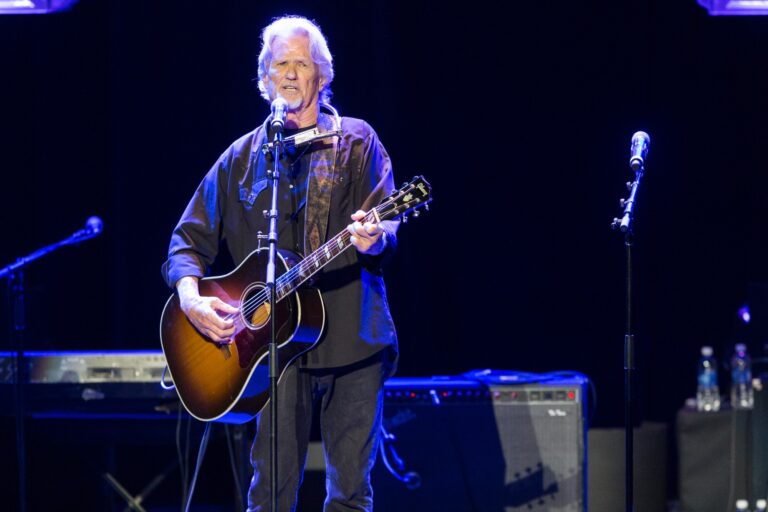
Kris Kristofferson’s The Pilgrim, Chapter 33. Now that’s a song that takes you on a journey, a dusty one at that. Kristofferson, a legend in his own right, has a knack for weaving tales of outlaws and dreamers, of folks chasing something just out of reach, and The Pilgrim is a prime example.
This isn’t your typical, linear story though. It’s more like catching glimpses of a life well-worn, like flicking through a worn photograph album filled with faded memories. The title itself hints at this episodic nature. Chapter 33 – it could be any chapter, really. It could be the culmination of a long, hard road, or just another pitstop on a never-ending quest.
---> Scroll down for the VIDEO
The beauty of The Pilgrim lies in its ambiguity. We meet the protagonist sprawled on the sidewalk, a man seemingly down on his luck. Yet, there’s a strange defiance in the way he wears his “yesterday’s misfortunes like a smile.” Kristofferson paints a picture of a man who’s seen it all, tasted the highs and lows life has to offer.
He had a future brimming with promise, “full of money, love and dreams,” but squandered it all with reckless abandon.
---> Scroll down for the VIDEO
This character is a complex tapestry. The lyrics throw titles at him like accusations: a poet, a picker, a prophet, a pusher, a pilgrim, and a preacher. He’s a walking contradiction, “partly truth and partly fiction,” forever grappling with his own demons. There’s a sense of restlessness in him, a yearning for something more, a “shrine he’s never found.”
The Pilgrim is a poignant exploration of faith and doubt. Is believing a blessing or a curse? Did the “goin’ up” justify the inevitable “comin’ down?” These are questions the song leaves lingering, echoing in the space between the notes.
As the song progresses, we learn of the price the pilgrim has paid for his choices. He’s lost love, traded “tomorrow for today,” all while chasing some elusive dream. Yet, there’s a glimmer of hope, a hint of acceptance in the final verse. Perhaps the journey itself, with all its wrong turns, is the point.
Maybe the experiences, good or bad, have shaped him into who he is. In the end, the pilgrim seems to find a strange kind of solace in the simple act of being alive, “from the rockin’ of the cradle to the rollin’ of the hearse.”
The Pilgrim, Chapter 33 is more than just a song; it’s a character study, a meditation on the human condition. It’s a reminder that life is rarely a straight line, and that sometimes the most profound truths are found in the detours and dead ends along the way.
